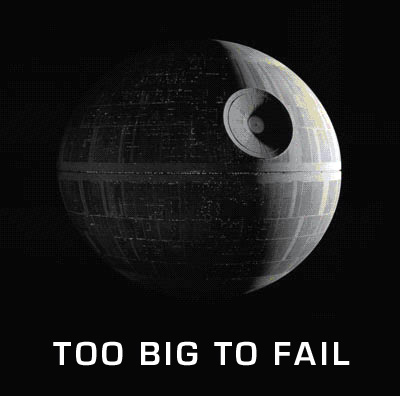Is this a joke? All communication-based technology becomes more expensive as it's widely adopted. You tout the free market but then seem to forget that media and communication run on making money.
The "cutting the cord" phenomenon is basically a gap movement. "Hey, why pay for content when I can stream it for less money." Eventually that breaks down because the content is expensive to produce, and the telecoms have costs for infrastructure. What's the difference between cable companies pulling tv shows off of satellite feeds and pumping them to your home via a cord versus you taking that same content from the Internet and bouncing it to a television? There is no difference. It's the same content, and it's generally the same infrastructure putting it there. So the money will always be there. You're just skirting the system while you can, which is great, but it's not like some seismic shift in the way we consume content. It's just shuffling the deck a bit. It's the same cards.


